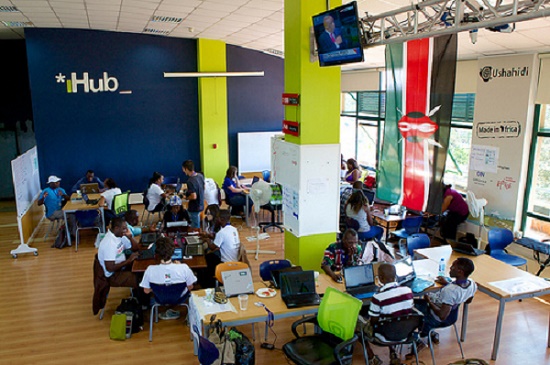What is a Tech Hub, Anyway? – A New Perspective
- Victor Nzomo |
- January 1, 2017 |
- CIPIT Insights,
- Information Technology,
- Intellectual Property,
- openAIR

Towards the end of 2016, Facebook founder and CEO Mark Zuckerberg visited tech hubs in Kenya and Nigeria during his first trip to Africa and he remarked: “The future will be built in Africa”. Indeed the emergence of Africa’s technology hubs is of crucial importance for those living within the continent, as the trend represents an opportunity for home-grown entrepreneurship devising local socio-economic problems and propelling Africa’s innovation revolution.
Our forthcoming Open AIR research titled: “A Framework for Assessing Technology Hubs in Africa” offers a framework for systematically describing and critically assessing the emergence of high technology hubs throughout Africa. It is the first paper to explain the legal and policy implications of Africa’s innovation revolution for those both within and outside of the continent. Therefore, it is hoped that this paper will open up new opportunities for researchers of African innovation to conduct further empirical studies in years to come.
Existing literature on Africa’s technology hubs implicitly suggests that hubs can take many forms, yet most operate as some combination of a workspace, Internet café, coffee shop, training centre, incubator, accelerator, event venue, and/or maker space. While there is great diversity hub-to-hub with respect to structure, amenities, membership, and other factors, the general consensus among academics and hub members is that hubs serve as a meeting place for a community.
According to the World Bank, “tech hubs” are organizations that predominantly offer targeted, time-bound activities and resources through application-based “go-to-market” programs for early stage digital and tech entrepreneurs. In 2014, the World Bank conducted the first comprehensive mapping of “tech hubs” in Africa and concluded that there were 117 hubs in Africa divided into 4 categories namely: government-led hubs, academic institution-led hubs, civil society-led hubs and hybrid hubs. In 2016, the World Bank published its latest mapping of “tech hubs” which indicates that there are now 173 hubs in Africa with the highest number of hubs recorded in South Africa, followed by Kenya.
Using the case of Kenya, our methodological approach goes beyond proposing a framework for a physical count of “tech hubs”. Instead our paper identifies three archetypes of hubs based on several variables—including the hubs’ size and scope, administrative structure, business practices, funding, participant demography, and sustainability. Using this original taxonomy proposed in our paper, we are able to properly assess the role of diverse factors such as geography, governance structure, regulatory framework, government policies and business environment in the development of tech hubs on the continent.
